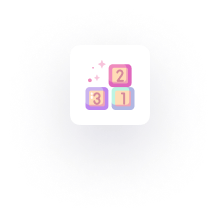Rust programmers agree that Rust has a steep learning curve. If you are familiar with C, C++, or even the Go programming language, you might have a relatively easier time picking up Rust. Otherwise, it will be somewhat difficult. The Annual Rust Survey for 2022 explains that 37% of new Rust programmers feel productive with it only after a month, while 70% of programmers feel productive after a year.
As you go through this course, watch for every block of code. Write all code from scratch instead of copying and pasting, and install all the tools mentioned. The good news about writing Rust is that the toolchain guides you and the community to support you.
Without further speech, let’s dive right in!


